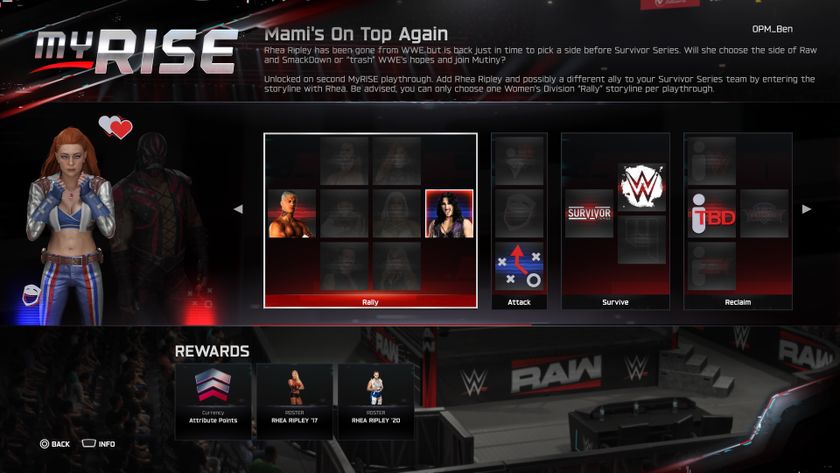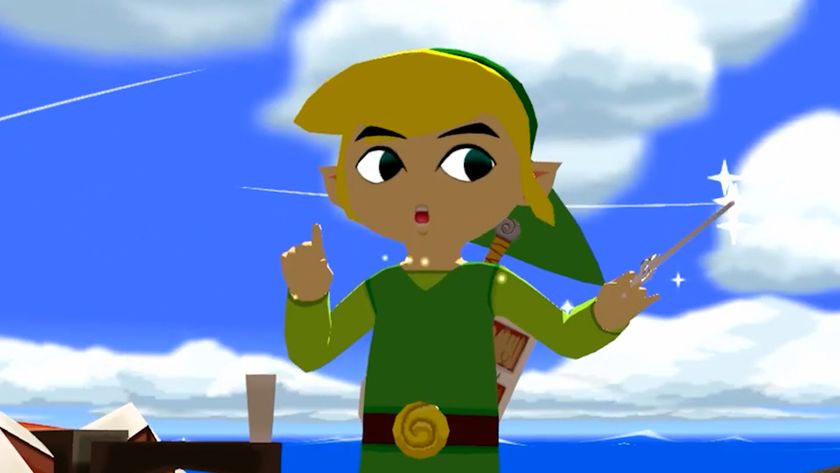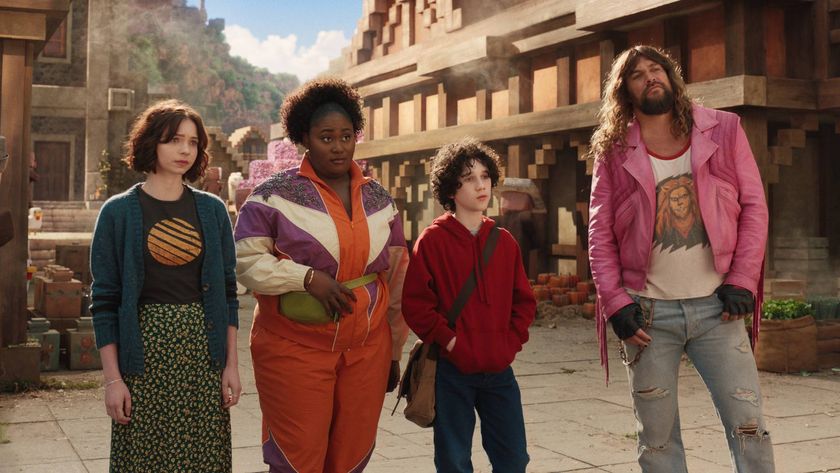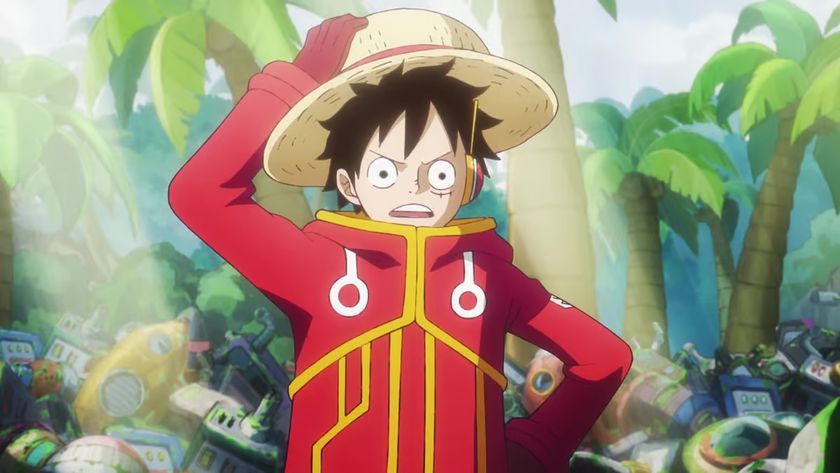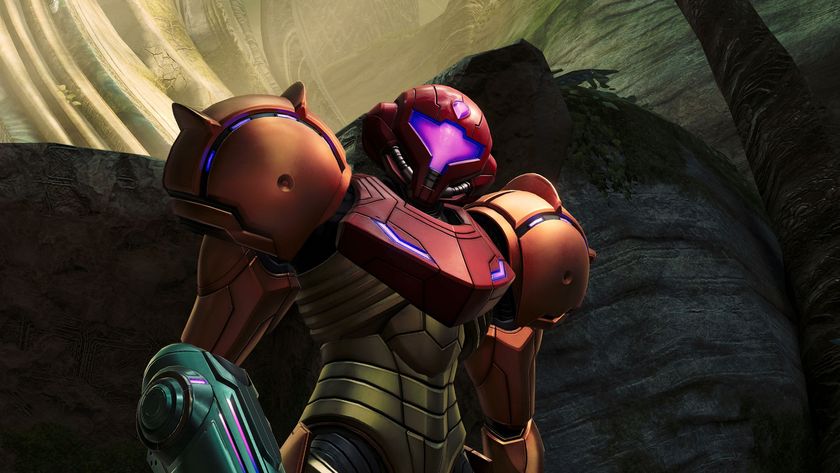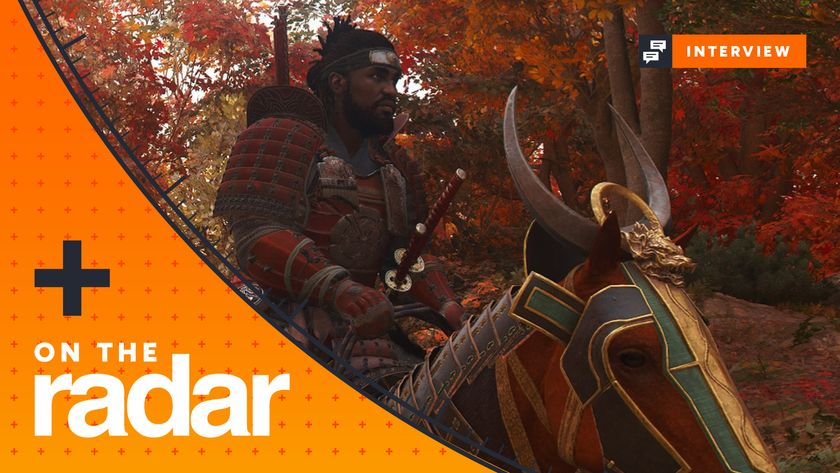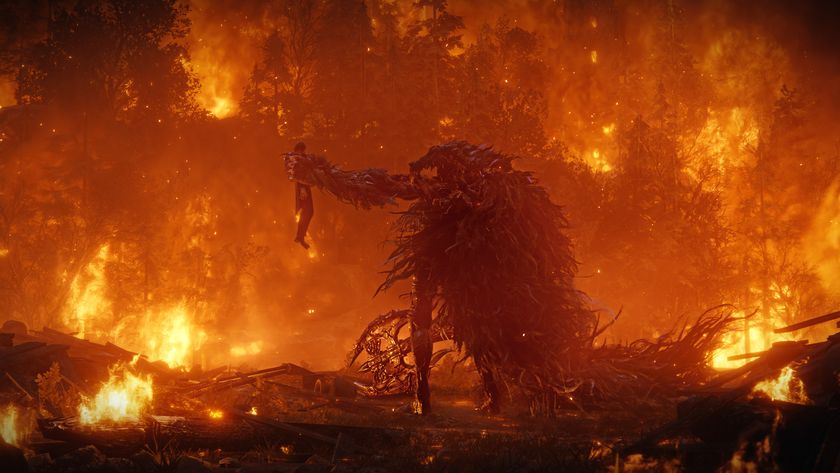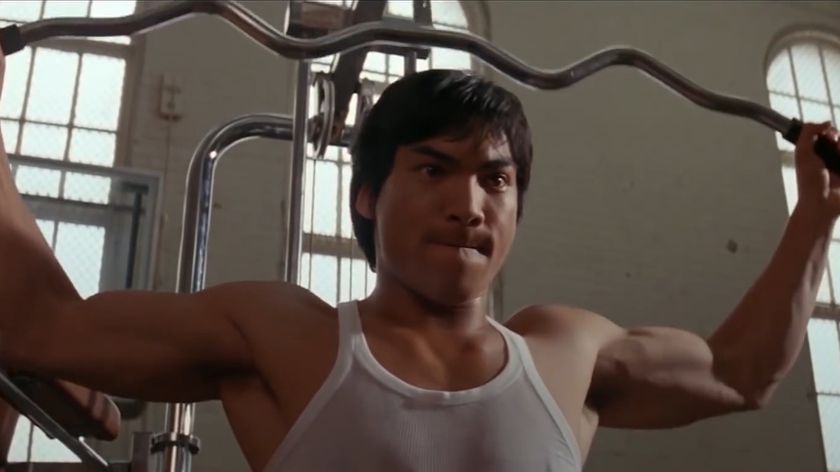Game censorship around the world
The state of state-imposed babysitting
The Republic of Korea
South Korea has made it clear that it supports freedom of expression...mostly. At one time, games which the government believed may incite further tensions between North and South Korea were banned, but those bans were lifted in 2006. Well done! However, games which exhibit significant violence and cruelty (the omni-banned Manhunt 2 and some of the GTA series among them) remain banned from sale.
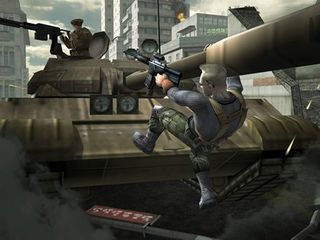
Above: Mercenaries: Playground of Destruction, which is set in North Korea, was initially banned in South Korea

Germany
Media in Germany is upheld to very strict decency laws. Some of the laws exist as a reaction to a certain series of… ok, to genocide. Swastikas and other Nazi insignia are banned from use outside of a historical context, and Wolfenstein 3D is apparently not historical enough, and is thus prohibited from sale.

Above: That scary flag texture might just incite a Nazi revolution!
Violence is also dealt with, but not with outright banning. The first stop for a game in Germany is the USK, an organization much like the ESRB, which assigns ratings up to 18+. If, however, the USK refuses to rate a game, it moves onto the government, which gives the game a second evaluation. If the government disagrees with the USK, the game is released with an 18+ rating and everything is dandy. If the government agrees that the game contains questionable content, the game is placed on “The Index.” While being on The Index doesn’t outright ban a game, it prevents the game from being marketed or displayed publically, so many publishers opt to simply cancel the release. More recently, some have opted to avoid the system entirely. Sega, for example, didn’t even bother with House of the Dead: Overkill or MadWorld.

Above: The USK denied Gears of War an 18+ rating, and it was placed on The Index. That’s because MarcusFenix doesn’t speak German, he only speaks MAN
Some, however, attempt to tone down their game’s content in the hopes of receiving a rating, often by removing or re-coloring blood, or swapping out human combatants with robots or aliens. Sometimes the required fix is more obtuse:
Sign up to the 12DOVE Newsletter
Weekly digests, tales from the communities you love, and more
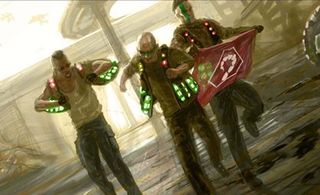
Above: The German release of Command & Conquer 3: Tiberium Wars did not contain “fanatics” (suicide bombers). Instead, “Bomb Men” ran into buildings, planted explosives and escaped. Because blowing up buildings isn’t as offensive as simultaneously blowing up buildings and committing suicide
While it can’t be said that Germany often bans games (with the exception of the whole Nazi thing), the USK is able to passive-aggressively refuse ratings and potentially send games to The Index, knowing full-well that many publishers won’t release unrated, unmarketable games. The USK’s very strict regulations, combined with the general perception in Germany that there is an absolute scientific connection between videogame violence and actual violence (which there isn’t), makes the USK a tough organization to deal with, and effectively a means to censor games. German gamers would have good reason to rejoice if the country switched to PEGI, which is formally recognized in most other European countries.



